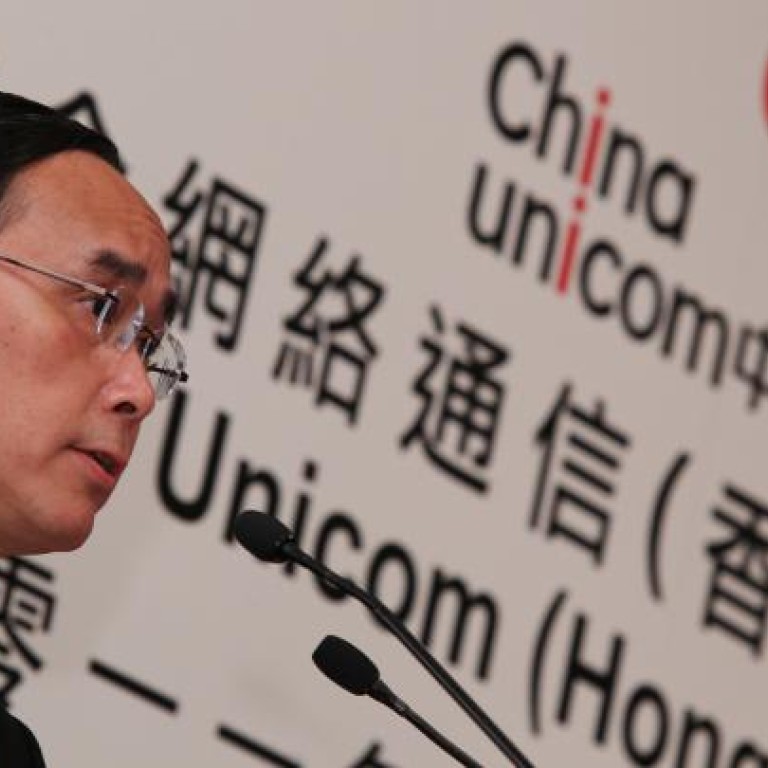
Unicom network buy: finally some strategy
Unicom's new purchase of fixed-line assets from its parent could reflect a returning focus to long-term strategy, perhaps marking an end to two years of management dysfunction.
But I also like this deal from a broader strategic perspective, since these assets it is acquiring will complement its existing extensive fixed-line networks in northern China. Chinese telecoms historians will recall that Unicom inherited its northern Chinese fixed-line networks after the break-up of China's former fixed-line phone monopoly. The former monopoly's southern Chinese networks went to China Telecom, meaning Unicom had to build its own new fixed-line networks in those provinces to offer service there.
So Unicom's parent built those networks, and is now transferring them to Unicom with this latest transaction. The transfer means that Unicom will now own a national fixed-line network, a crucial development just as China is trying to create more competition in the market for fixed-line broadband services like IPTV and video-on-demand (VOD).
This transaction should help Unicom not only to better compete with China Telecom in south China, but will also allow it to offer a strong national broadband product to sell to big corporate customers who want to use its high-speed fixed-line data services throughout the country. The move will also help Unicom better compete against a new national cable TV operator being assembled by Beijing through the consolidation of the nation's many regional cable companies.
Again, I need to stress that this transaction was an easy one for Unicom and that it's too early to say if this marks a shift to better management and longer term vision from the company. But if this move is followed by more similar "big-picture" actions, perhaps Unicom may finally regain some status as an interesting player to watch in China's telecoms space.
Bottom line: Unicom's new purchase of fixed-line assets from its parent could reflect a returning focus to long-term strategy, perhaps marking an end to two years of management dysfunction.

